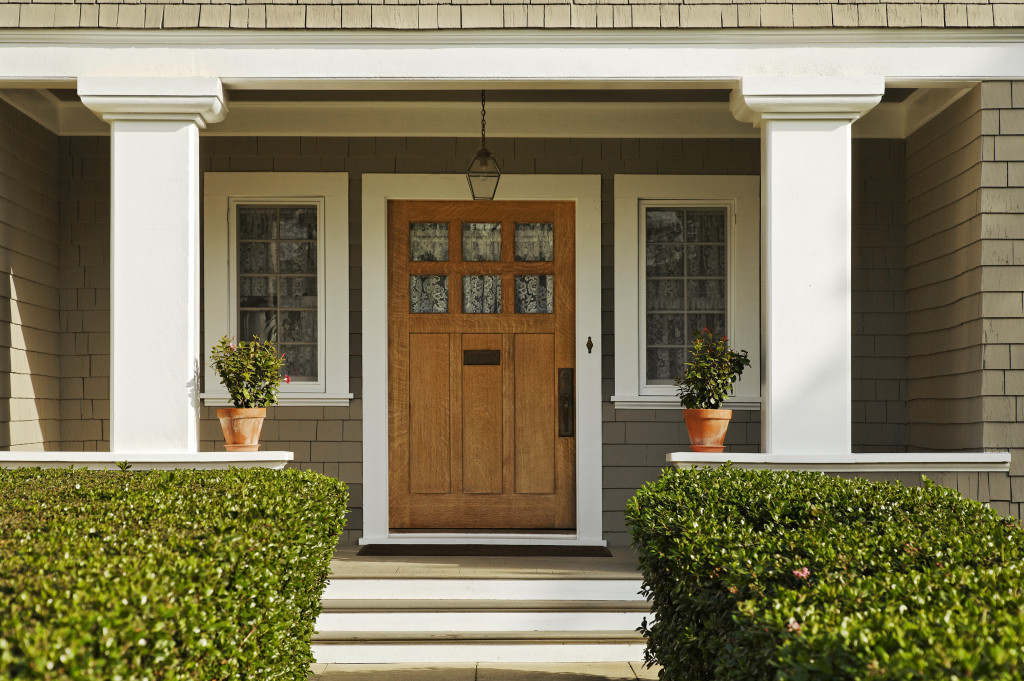Natural disasters such as floods, hail, tropical storms, earthquakes, and hurricanes affect many people every year, and there’s no sign that there will be change soon. According to Climate.gov, over the last five years, the U.S. has spent a total cost of more than $600 billion on disasters. Further, the events recorded in the US and which cost billions include seven disasters, 13 severe storms, one wildfire, and one drought. This is an indication of how rampant climate disasters are.
Most homeowners practice safety by making responsible decisions, watching over their loved ones, maintaining healthy choices. Although these options are important in protecting a home, more can be done to prevent unforeseen events that may take a toll on your finances. Regardless of the geographic location or time, most people end up being victims due to severe weather. Due to this, you need to keep your home safe and prepare for the unexpected.
A natural disaster may blow out your finances. Luckily, there are ways to help you reduce any additional financial losses from natural disasters.
Protecting Your Home from Natural Disasters
-
Obtain a homeowner’s insurance
Maybe you’re wondering why you need homeowner’s insurance. Homeowner’s insurance is property insurance that covers the damages, losses, and destruction of a home. It provides coverage for a home’s interior and exterior. Therefore, it covers interior and exterior damage, injury, and loss of personal assets.
When obtaining a homeowner’s insurance, ensure that it covers a good amount of repairs in a natural disaster. However, ensure that your review the policies and the coverage offered in the homeowner’s insurance. Today, you can get the most reliable homeowners insurance to protect your home. Some experts will help you make informed decisions and customize a policy that will fit your budget and meet your needs to better prepare for a natural disaster.
-
Caulk around your windows and doors
Check for any cracks and gaps around your windows and doors. Moisture around these areas may make its way into your interior and may cause water damage. If you spot any holes, gaps, or cracks, you should consider applying caulk around the areas to prevent water from entering your home during rainy seasons.
-
Unclog drains and gutters
Leaves and other debris may clog gutters, storm drains, and downspouts. This may keep water from flowing, causing flooding in the basement, damaging the foundation, and roof leaks.
Gutters and drains may protect your home from water damage during heavy rain. Clogged gutters may cause rotting, mold, or deterioration of your roof. The gravity may pull water down from your roof to the windows, foundation, and siding. This may cause damage to the interior walls, development of mold, and flooding in the basement. Different factors may weaken your gutters and cause breakage. Therefore, consider checking your gutters and drains, removing any debris build-up, and aligning the system.
-
Close the front door

This may sound basic, but it poses a threat to your interior. Your doors and garage doors are a weak spot, especially during a hurricane or a storm. Hurricane winds can enter a home and may tear the roof off. Closing all doors can also protect your home against water which may cause flooding in your home interior. Closing all doors and sealing them tight may prevent a storm from penetrating in.
External doors should be closed to protect your home interior from the destruction that may be caused by strong winds, flying debris, and objects. These things can wreak havoc on your home or cause severe injury.
-
Secure your porch and carport
A heavy windstorm may damage your home, from porches to carports. High winds may rip them off, causing huge holes that may lead to more wind damage. Therefore, ensure that you put support beams around your porch and carport to secure them.
-
Turn off utilities
Turning off utilities when a natural disaster happens may save you from incurring more expenses. For instance, a lightning strike may cause your power voltage to increase, damaging your expensive kitchen equipment. Therefore, make sure that you unplug your appliances to avoid damage. Also, consider shutting down water, electricity connection, and gas during the event of any tornado.
-
Caulk your roof
During natural disasters, the roof may get more damage. For instance, high winds can blow the rain on your roof and may end up getting into your house. Any cracks or holes may be a pathway for water to get into your interior. You can solve this problem by applying caulk to your roof.
Although natural disasters may not be wholly prevented, steps can be taken to reduce the impact caused on daily life. Implementing these tips will help reduce the amount of damage caused by natural disasters in your home.

